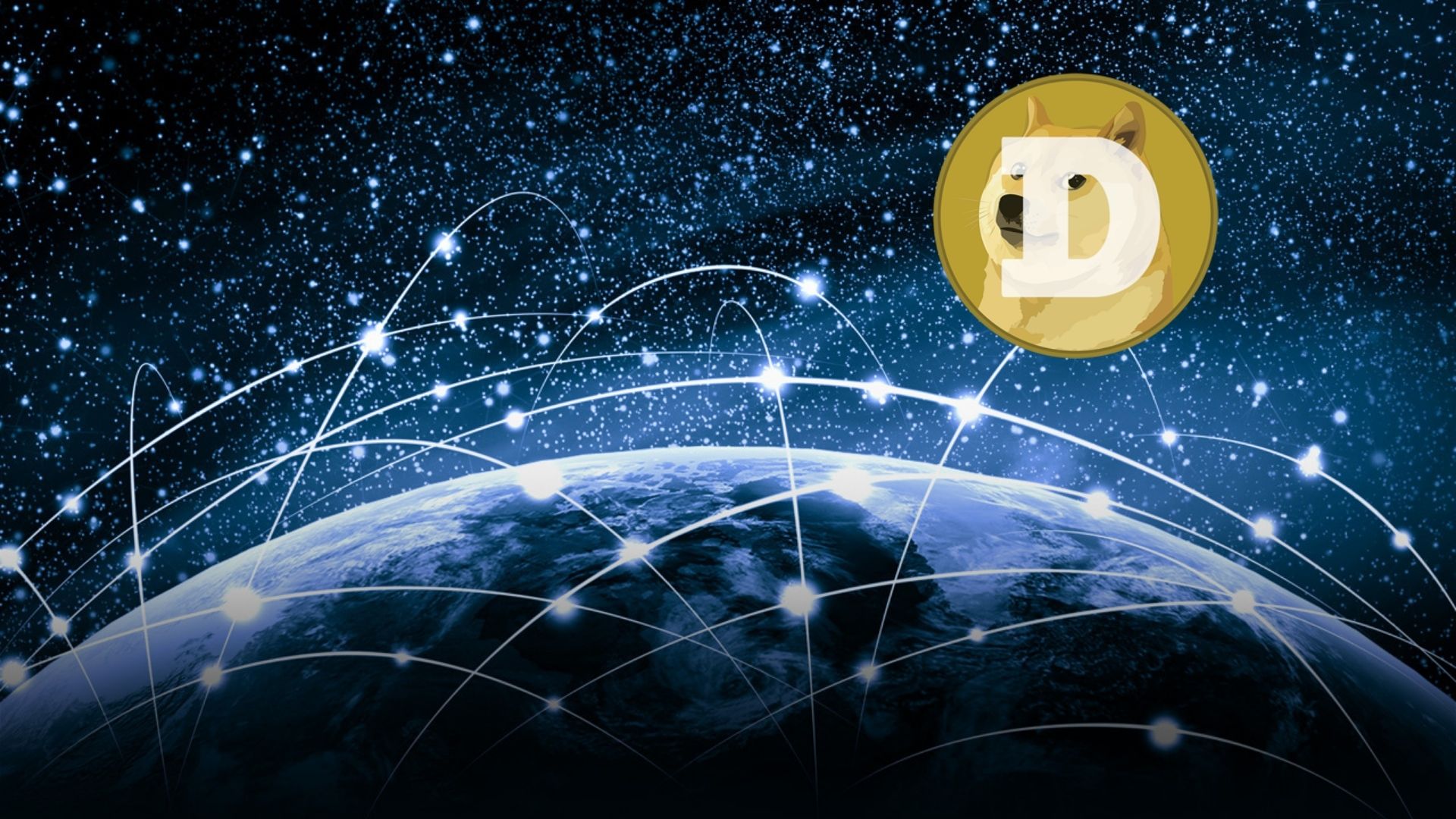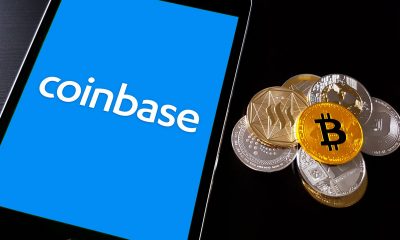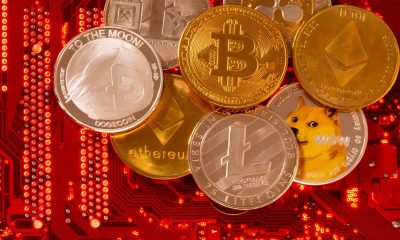
If you’re new to the world of cryptocurrency, you can easily get overwhelmed with the ins and outs of the currency, all the terms associated with it, and how the currency’s market actually works. One of the biggest questions we get from cryptocurrency newcomers is what does decentralization mean? Is cryptocurrency really decentralized? How does decentralization benefit those who invest in cryptocurrency?
What does decentralization mean?
In a decentralized market, various digital and technological devices are used by investors to communicate directly with other investors. This allows bid and ask prices to be displayed in real time, so dealers, buyers, and sellers don’t have to be in the same location to handle transactions.
An example of a decentralized market is the real estate market. In real estate transactions, buyers and sellers traditionally deal with one another, completing their business without having to go through a central clearinghouse.
Cryptocurrency and the birth of blockchain technology have offered investors new ways in which this kind of decentralized market can operate. These virtual markets are typically unregulated, which gives most investors a sense of trust in their business transactions.
Is cryptocurrency truly decentralized?
Cryptocurrency, such as Dogecoin, is used in a peer-to-peer format. Because this digital currency does not have to rely on traditional banking methods of transfer. There is no central entity, like a bank or government, that regulates this currency, either.
Because cryptocurrency is not regulated by any central entity or authority, its use can remain anonymous in transactions and can be completely controlled by the individual investor. Also, this lack of a central owner or control of cryptocurrency means it is more stable, which is an attractive feature to many.
Banks in India and Nigeria have recently attempted to ban the use of cryptocurrency (Nigeria was successful, but not for long). The public voiced their displeasure with the attempted bans, halting and reversing these ban attempts. In countries like Nigeria, the idea of a currency that is resistant from government seizure is driving its popularity. Nearly a third of Nigerians own cryptocurrency, thanks to a younger workforce in the country’s tech community.
What are the benefits of decentralization?
Some experts believe keeping cryptocurrency decentralized can reduce hacking of the system because there is no one resource or location in which data is stored. Centralizing the market would place all of the market’s authority in a central location, which could prove to be the central point of the failure of the market.
Decentralized markets easily allow for transparency for investors, especially if the technology used makes sure each party involved has access to mutually shared data. Decentralization is the key to cryptocurrency’s trustworthiness.
Decentralization allows for more freedom from third-party entities. While some people do rely on exchanges and other third-party services to deal with their investments, it is possible to deal with your funds directly, maintaining your privacy and anonymity. The use of a third-party entity makes dealing in cryptocurrency easier, but it isn’t necessary.
Without a single oversight entity, transaction costs can remain lower than in regulated markets, and investors are less likely to be affected by devaluation. With traditional, or fiat, money, its value is reliant on the stability of not just the market, but also of the oversight entities which regulate it. If a bank goes bankrupt, for example, all of its customers’ funds are destroyed with the bank.
Are there downsides to decentralization?
Lack of oversight from a single entity could make transactions legally unclear, since there is no governing authority in the market to monitor transactions or provide legal boundaries. This means cryptocurrency investors could risk the danger of having no recourse if another person with whom they are dealing is not honest or transparent about the transaction – and decentralization gives no clear-cut path to take action to resolve suspect transactions.
Despite this possibility of no regulation or recourse if a transaction should go bad, countries are watching the rise in the popularity of cryptocurrencies like Dogecoin. Institutions and governments are learning that in trying to repress the use of cryptocurrency, they are actually highlighting why this decentralized form of currency is necessary.
Cryptocurrency holders are gravitating to what makes Dogecoin and others so unique – it means innovation, freedom of expression, choice, and fixing what is broken in the current fiat system. This enthusiasm is beginning to spread to the retail market, too, which should be further incentive for governments to resist the urge to attempt to regulate or ban use of cryptocurrency.









